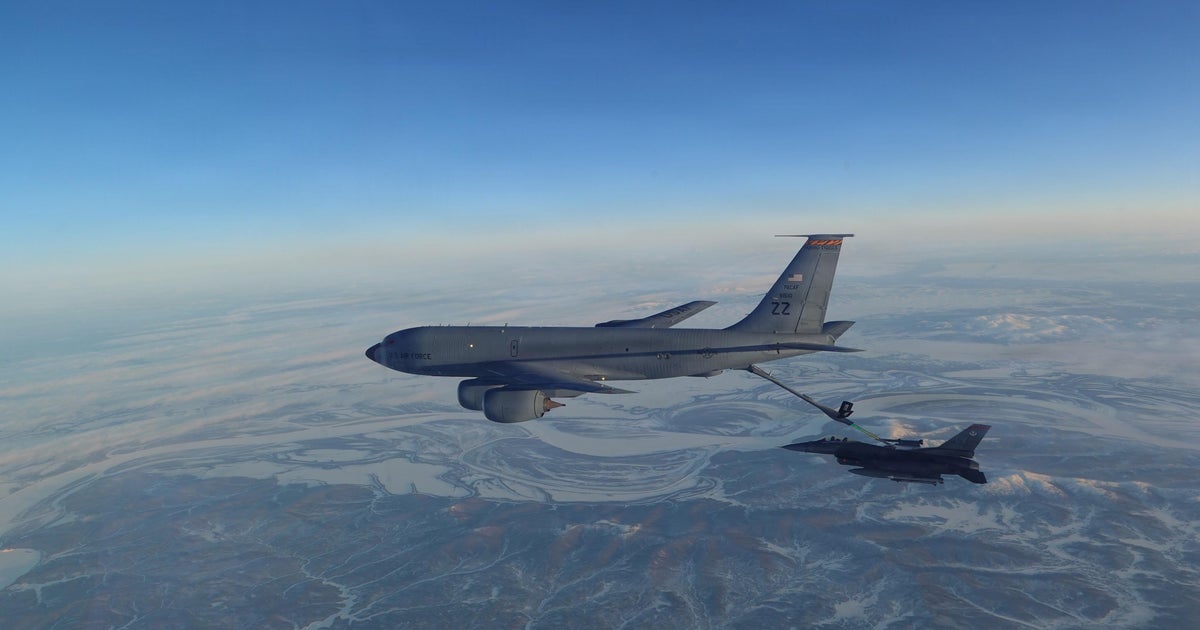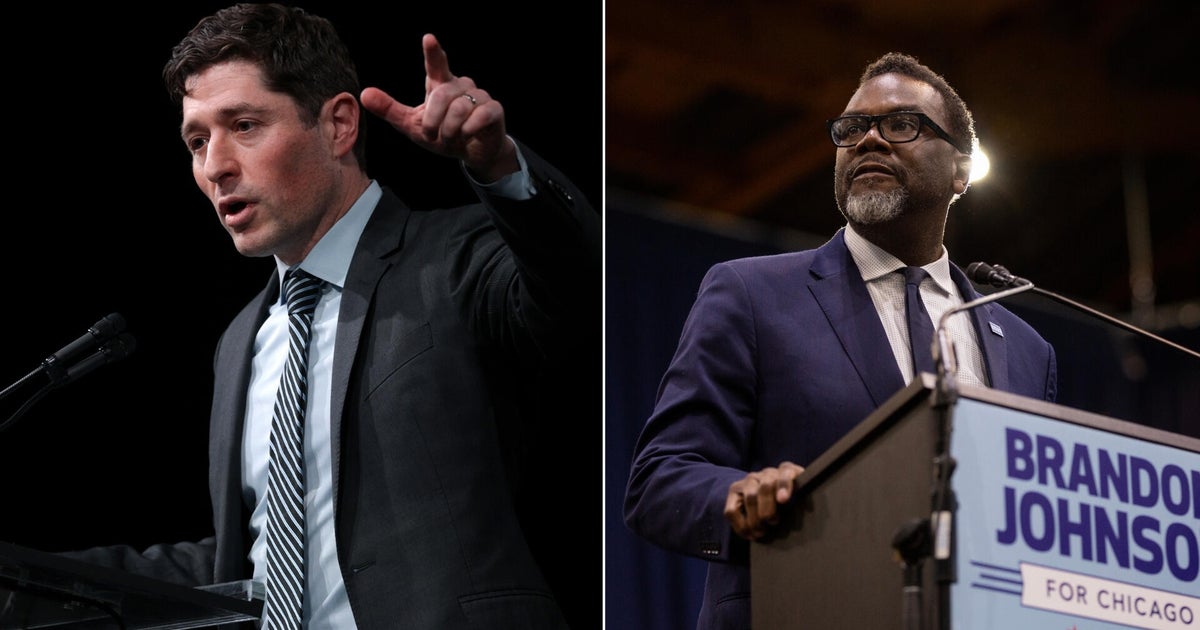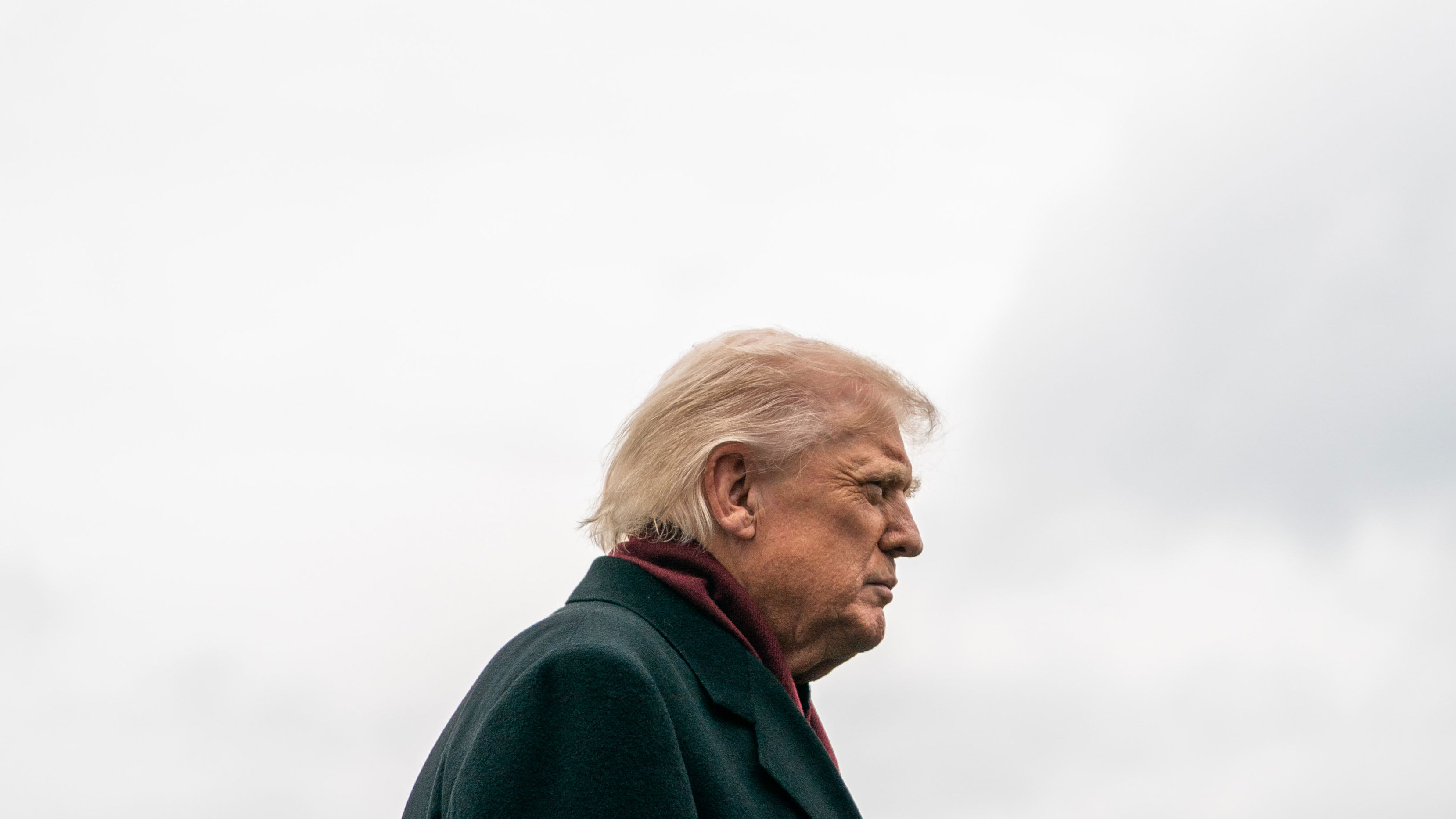U.S. targets Russian bank executives, state-controlled media in latest round of sanctions
Washington — The U.S. on Sunday levied new sanctions against Russian elites and its largest state-controlled television stations as part of continued efforts to impose costs on Moscow for its war in Ukraine.
The latest round of sanctions from the U.S., European Union and Group of 7 were announced after President Biden and G7 leaders convened a virtual meeting, which Ukrainian President Volodymyr Zelenskyy also joined, to "reinforce our shared commitment to strengthen Ukraine's position on the battlefield and at the negotiating table," according to the White House.
"The G7 and Ukraine stand united in this difficult time and in their quest to ensure Ukraine's democratic, prosperous future. We remain united in our resolve that President Putin must not win his war against Ukraine," G7 leaders said in a statement following the meeting. "We owe it to the memory of all those who fought for freedom in the Second World War, to continue fighting for it today, for the people of Ukraine, Europe and the global community."
As part of the latest package, the U.S. will sanction three of Russia's most viewed television stations: Joint Stock Company Channel One Russia, Television Station Russia-1, and Joint Stock Company NTV Broadcasting Company, which the White House said have received foreign revenue that in turn flows to the Russian government. Eight executives from Sberbank, Russia's largest financial institution, and 27 executives from Gazprombank, a Russian bank that facilitates business by natural gas exporter Gazprom, were also hit with sanctions, as was the Moscow Industrial Bank and its 10 subsidiaries.
The U.S. is also imposing 2,600 visa restrictions on Russian and Belarusian officials in response to the invasion of Ukraine, and issued a new visa restriction policy for Russian military officials and Russia-supported authorities believed to be involved with human rights abuses and international law violations in Ukraine, according to the White House.
In addition to targeting state-controlled media and Russian elites, the U.S. is barring Americans from providing services including accounting and management consulting to Russians and imposing further export controls on Russia's industrial sector.
A company called Promtekhnologiya that produces rifles and other weapons used by Russian forces in Ukraine, seven shipping companies, and one marine towing company are also targeted in the most recent round of sanctions by the U.S.
While Mr. Biden in March announced a ban on Russian oil and gas imports over the war against Ukraine, the G7 on Sunday "committed to phasing out or banning the import of Russian oil," the White House announced.
"Putin has failed in his initial military objective to dominate Ukraine — but he has succeeded in making Russia a global pariah," the White House said in a fact sheet detailing the new efforts against Putin.
Following the virtual meeting of G7 leaders and Zelenskyy, the group of the world's most advanced economies said they assured Ukraine's president of "our full solidarity and support for Ukraine's courageous defense of its sovereignty and territorial integrity, and its fight for a peaceful, prosperous and democratic future within its internationally recognized borders, with the liberties and freedoms that so many of us enjoy today."
Since the start of Russia's war against Ukraine in late February, the U.S. and allies, including G7 member countries, have provided and pledged more than $24 billion in support. The G7 leaders said in their statement that in the coming weeks, they will "step up our collective short-term financial support" to help fill financing gaps for Ukraine and deliver basic services to its citizens.
Noting Russia's targeting of civilians in the war, the world leaders said they are "appalled" by the loss of human life and human rights violations.
"Under no circumstances can civilians and those not taking an active part in the hostilities be legitimate targets," they said. " We will spare no effort to hold President Putin and the architects and accomplices of this aggression, including the Lukashenko regime in Belarus, accountable for their actions in accordance with international law."



